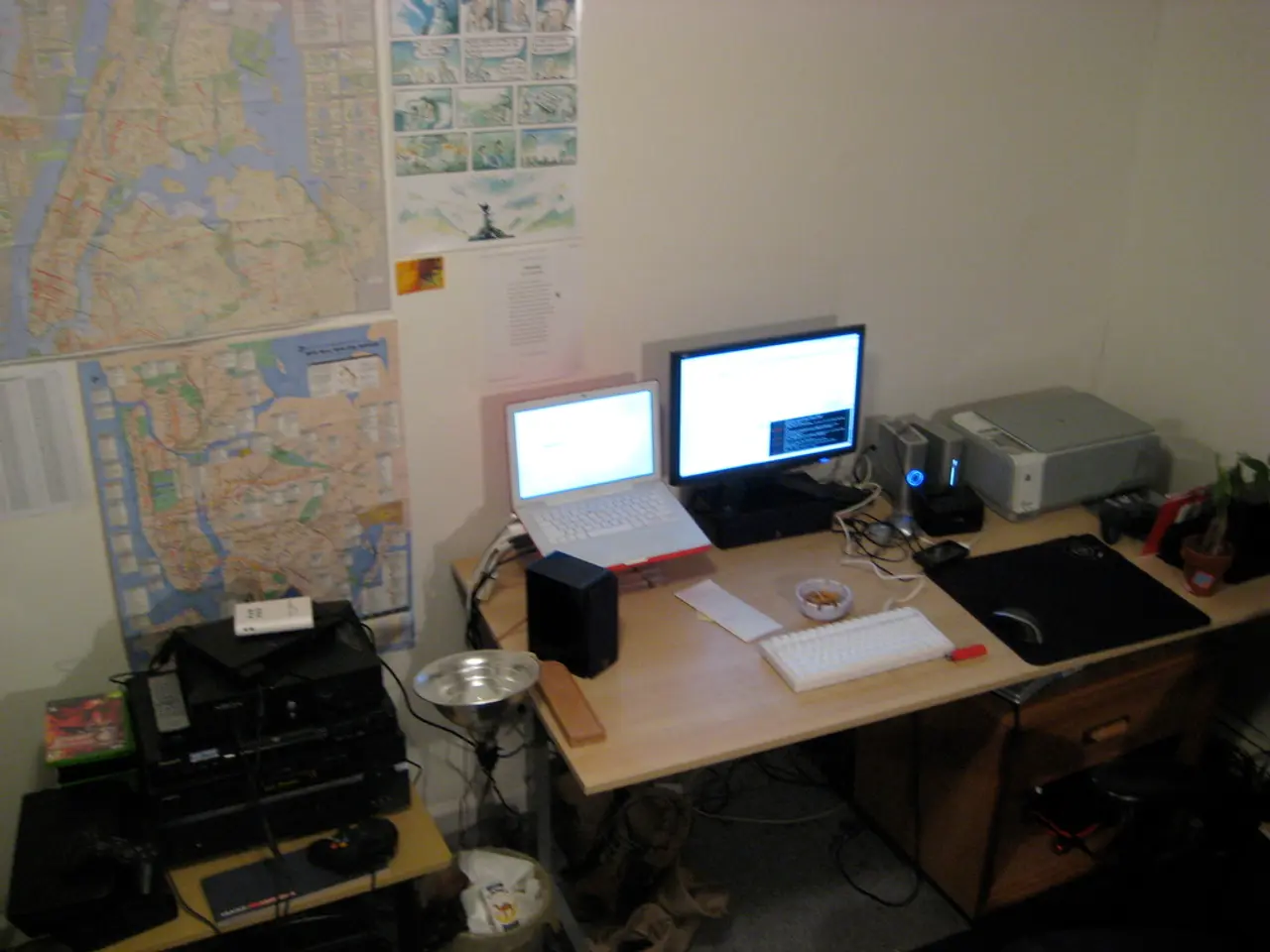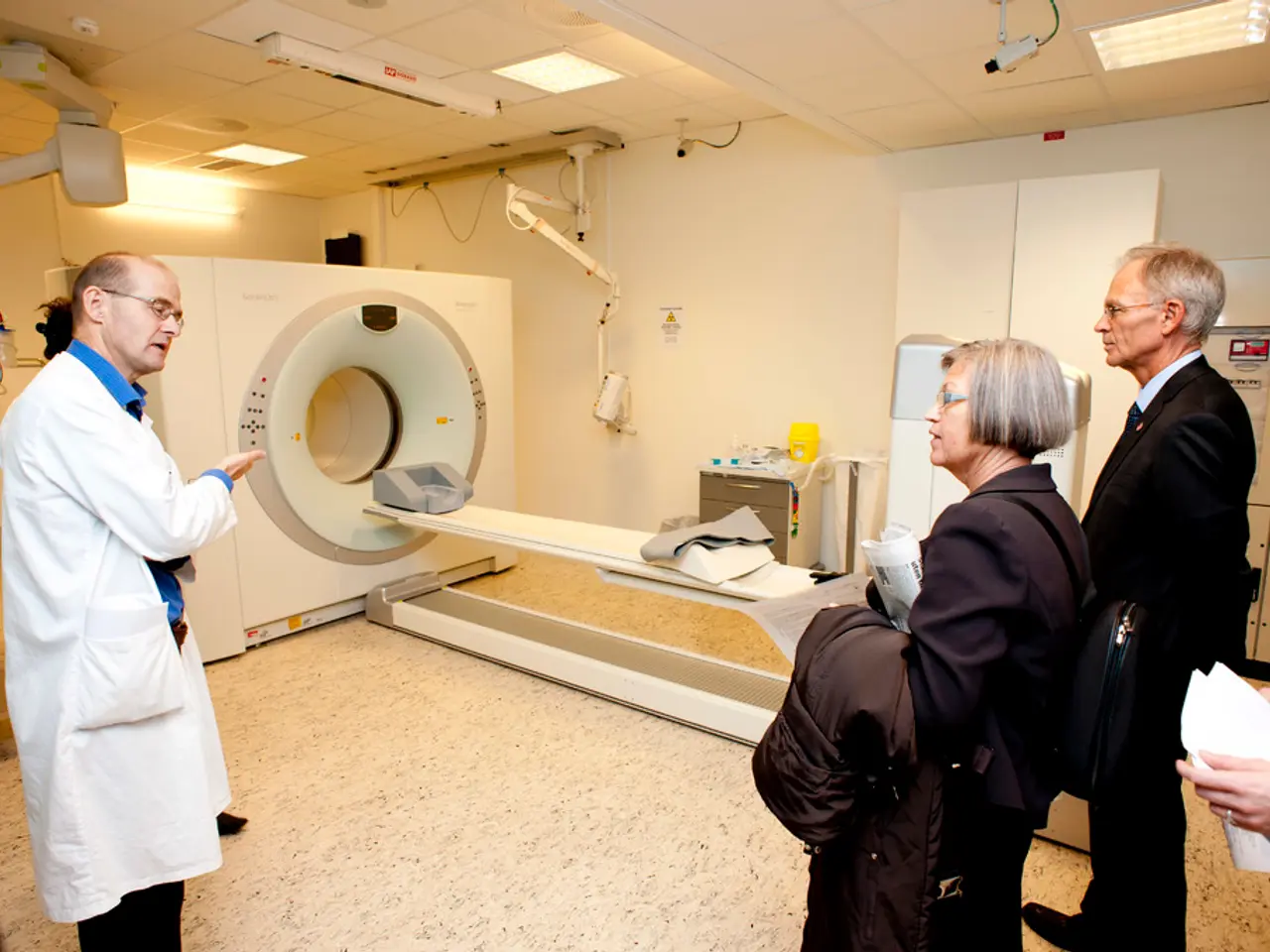Trump proposes a 100% tax on semiconductors produced outside the U.S., aiming to bolster domestic production.
The global semiconductor industry, a critical component in various devices from computers to cell phones, is grappling with the complexities of relocating production to the United States. This challenge arises due to the intricate supply chain that underpins semiconductor production.
President Donald Trump's administration has threatened to impose a 100% tariff on all semiconductors not manufactured in U.S. factories, a move that has shaken the global economy. This threat comes as most semiconductors are currently produced in South Korea and Taiwan.
Apple, one of the world's leading tech companies, has announced a strategic shift in response to these threats. Tim Cook, Apple's CEO, revealed that the company has already signed new deals with ten American companies as part of an ambitious $100 billion investment in U.S. territory. This investment aims to buy more components from suppliers manufacturing in the U.S.
Every new iPhone and iWatch will now contain glass made in Kentucky by Corning, an American company. This move signifies Apple's commitment to sourcing more components domestically.
Trump reiterated that there won't be any charges for companies building in the U.S., providing a possible incentive for companies to relocate their production. However, the exact criteria for exemptions under Trump's semiconductor tariff policy remain unclear, with no official list of exempt companies specifically for semiconductors found in the current search results.
It's worth noting that the thriving Artificial Intelligence (AI) sector, which relies entirely on semiconductors, could potentially benefit from this shift in production. While the tariff threats have impacted various sectors, Trump's aim remains to boost domestic manufacturing to achieve job creation and economic stimulation.
In a broader context, companies building factories in the U.S. to shift their production would be exempt from tariffs. Trump's tariffs aren't limited to just countries, but also to specific sectors. As the situation evolves, it will be interesting to see how these developments shape the global semiconductor industry.
[1] Source for general tariff measures and changes related to de minimis exemptions and stacking of tariffs. [2] Source for information on Section 232 investigations during the Trump administration.
The announcement by Apple, in light of the looming tariffs on semiconductors, indicates a shift in policy-and-legislation involving the tech industry and politics. This strategic move by Apple, as part of a $100 billion investment in the U.S., could alter the dynamics of general-news regarding the global semiconductor industry and its production locations.







